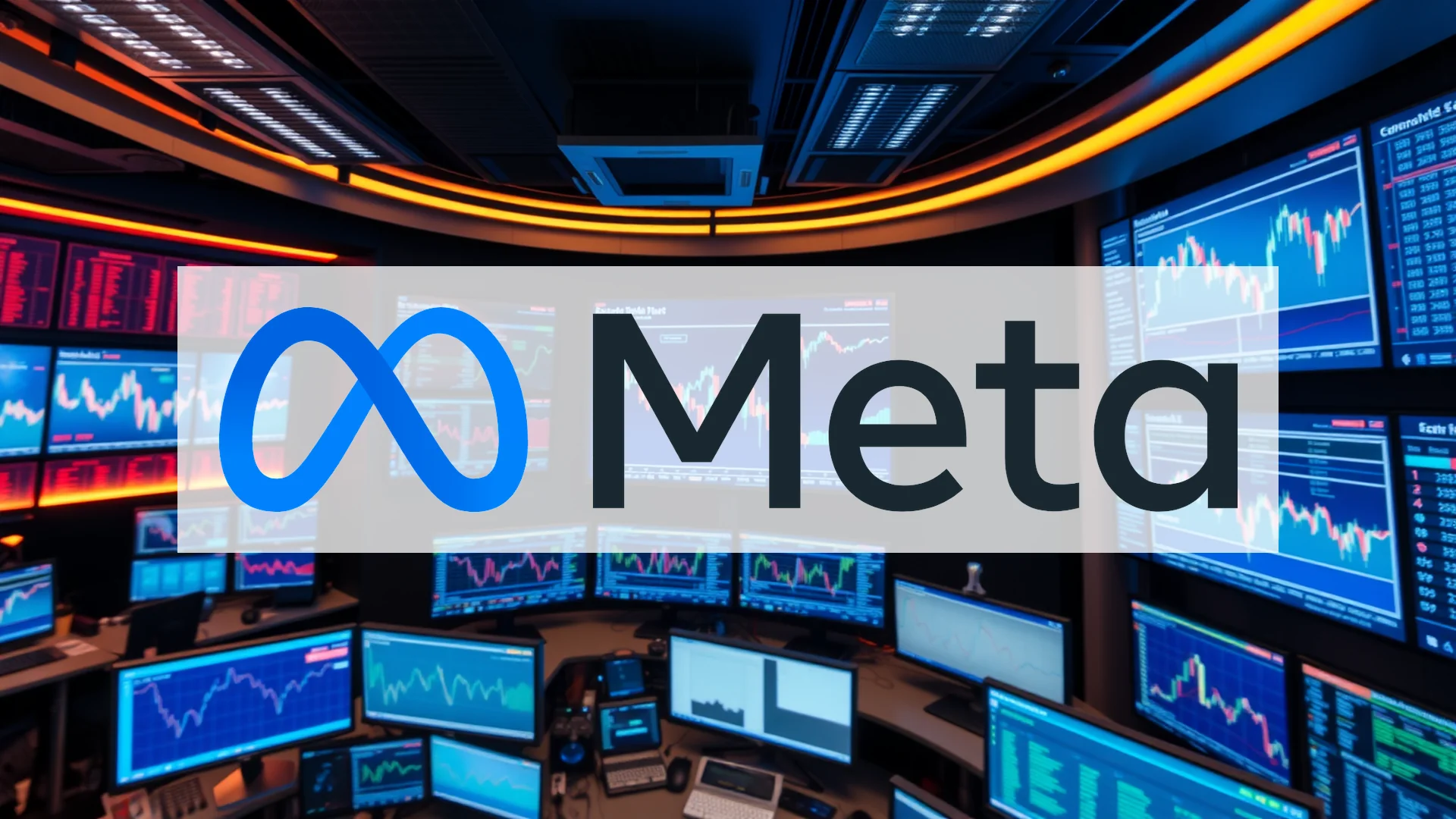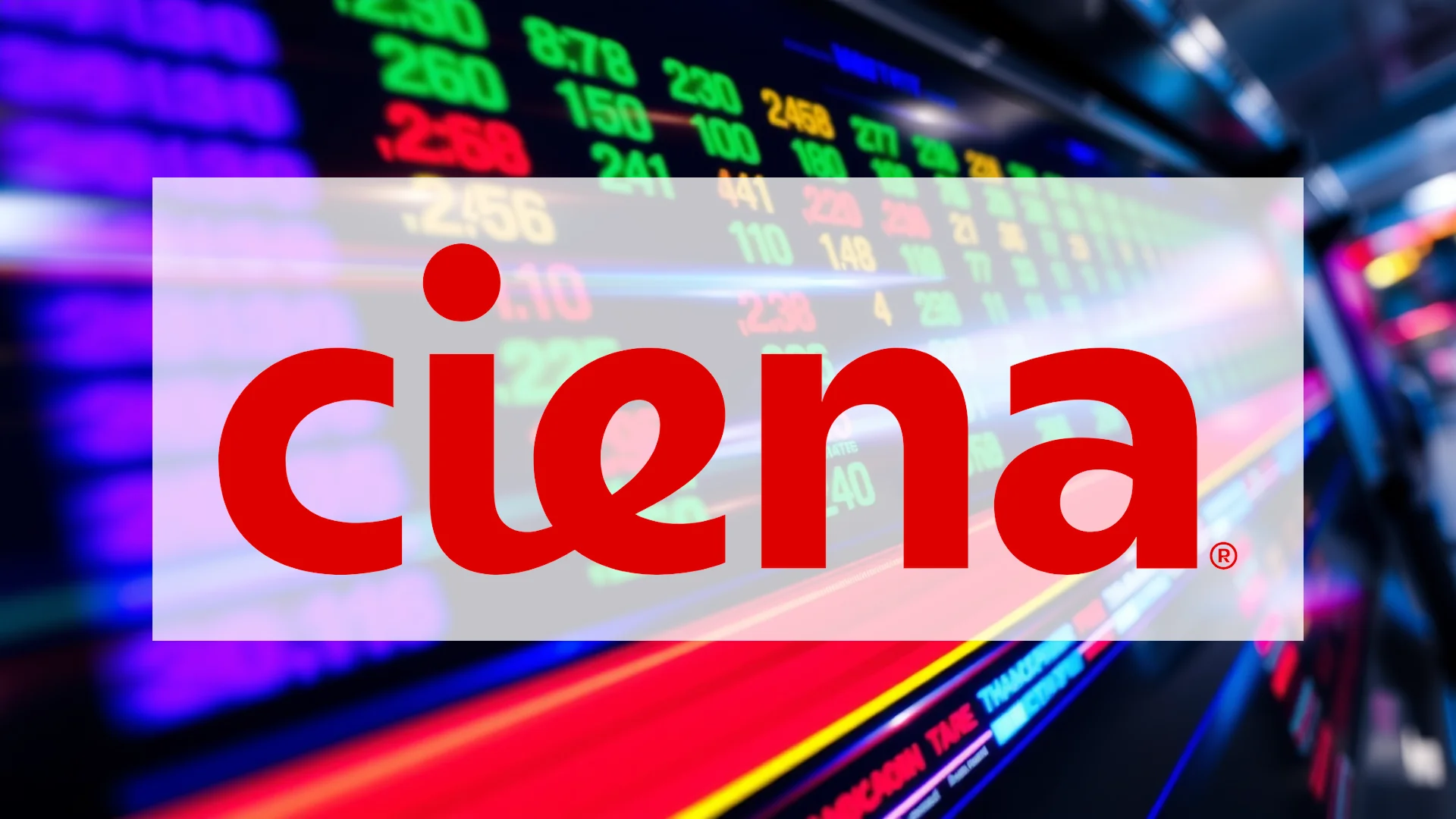A deep schism is forming among Meta’s investors as the company commits billions to artificial intelligence development. The substantial capital outlay is triggering flashbacks to the costly Metaverse initiative, leaving market participants divided on whether the current stock weakness represents a buying opportunity or signals impending financial strain.
Core Business Strength Versus Soaring Expenditure
Paradoxically, Meta’s fundamental operations are demonstrating robust health. Third-quarter revenue surged 26% to $51.2 billion, while daily user counts increased by 8%. The corporation continues advancing its AI offensive, announcing a new multi-billion dollar computational facility in Wisconsin on November 13 alongside AI-enhanced functionalities for Facebook Marketplace.
Yet these impressive operational results have been completely overshadowed by the scale of proposed investments. The technology giant revealed a $600 billion American AI infrastructure program extending through 2028. For 2025 alone, Meta elevated its expenditure forecast to $70-72 billion, with explicit guidance that 2026 would bring “significantly higher” spending levels.
Wall Street’s Conflicting Interpretations
The analytical community reflects the broader market polarization. Freedom Capital Markets generated attention on Friday when specialist Saken Ismailov upgraded Meta from “Hold” to “Buy.” His rationale cited the powerful advertising division, consistent user metrics, and long-range AI potential.
Should investors sell immediately? Or is it worth buying Meta?
This optimistic assessment starkly contrasts with prevailing market sentiment. Since the late October earnings release, Meta shares have declined 14%. Wedbush analyst Dan Ives perceives Meta as a premier selection within the technology sector, while BNP Paribas maintains the sole “Sell” recommendation among major institutions, arguing that massive investments will suppress profit expansion.
Strategic Parallels and Distinctions
The current scenario bears striking resemblance to Meta’s expensive Metaverse venture. However, executive leadership emphasizes that AI integration now forms a foundational component across all primary products. Internally, a forthcoming employee evaluation system launching in 2026 will assess workers based on their “AI-driven impact,” demonstrating the profundity of this strategic transformation.
The next critical evaluation arrives with the January 2026 quarterly report. CEO Mark Zuckerberg must convincingly articulate the anticipated timeline for returns on these multibillion-dollar commitments. Until then, Meta shares remain suspended between strong present fundamentals and future uncertainty, leaving investors to ponder whether this AI initiative will deliver transformative returns or become another capital-intensive endeavor.
Ad
Meta Stock: Buy or Sell?! New Meta Analysis from February 8 delivers the answer:
The latest Meta figures speak for themselves: Urgent action needed for Meta investors. Is it worth buying or should you sell? Find out what to do now in the current free analysis from February 8.
Meta: Buy or sell? Read more here...










